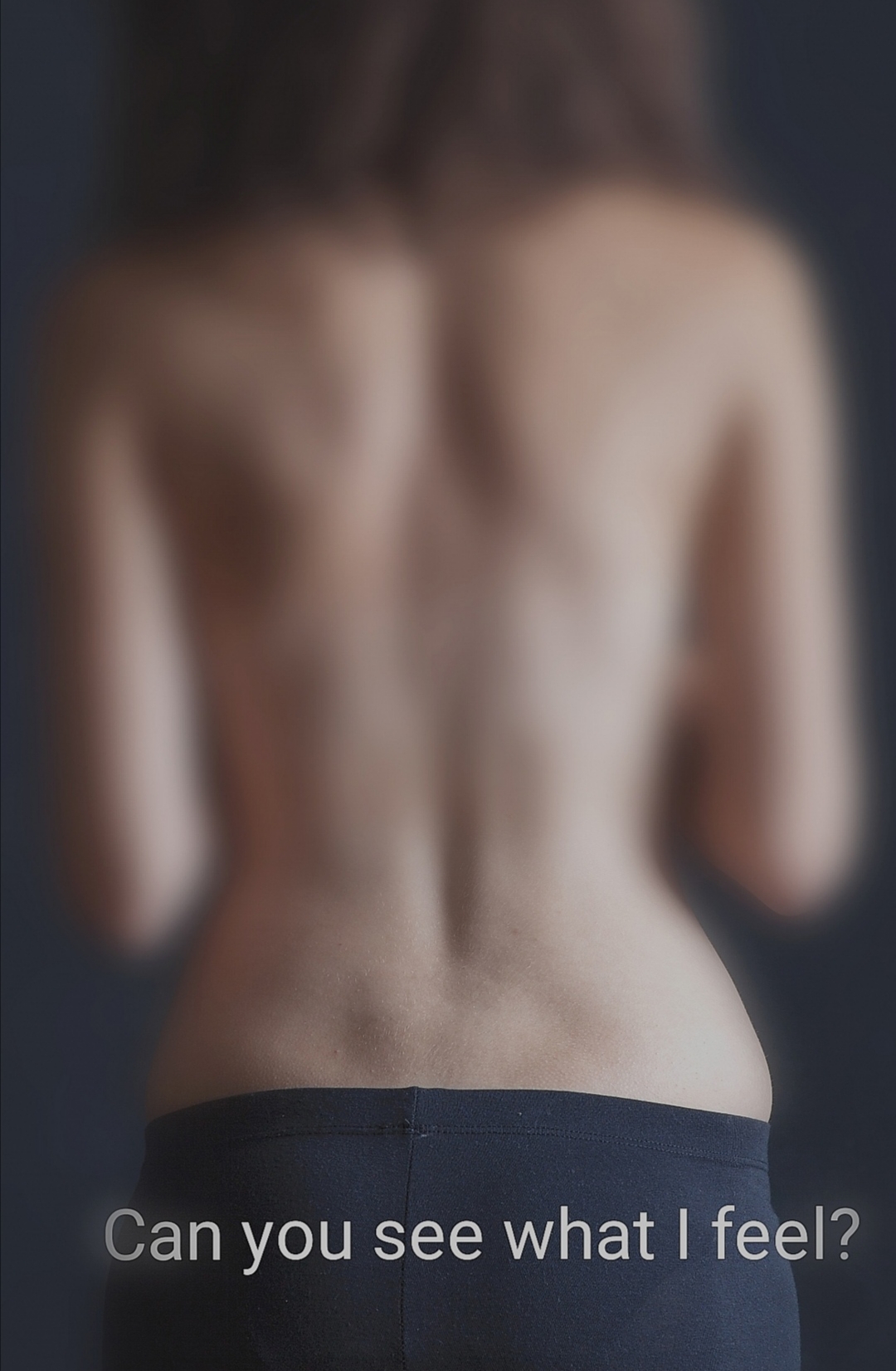Pain doctor experiencing back pain
Aug 22, 2019

Back pain has always been a condition that other people get who come into my clinical practice. I don't. I've been trained to give other people advice on what to do and how to cope, to give explanations about "causes", to watch out for "warnings" like when to see a doctor, to pray more or less that the pain will go away in 6 weeks, not to turn it into a persistent disease, and usually to leave people at the mercy of all kinds of "best cures", "new solutions", some of which are magical, and all of which cost money.
A minority of the population who suffer from back pain develop persistent pain called chronic back pain, which is usually not associated with significant structural tissue damage, but still causes significant suffering and massive costs. In a series of articles published in March 2018 in the Lancet journal under the bold title "Call for action," the researchers appeal to health systems, providers, and physicians to rethink their policies, practices, and thinking on the topic because the problem is huge in medicine (https://www.ncbi.nlm.nih.gov/pubmed/?term=Lancet+call+for+action+low+back+pain).
So what should we (I?) change?
Let's get to my story about the visit from Mr. Back Pain. He came gradually on a Saturday morning, with no warning, no strain or "odd" movement. I remember that morning well, sitting on a comfortable chair on the balcony, enjoying the morning sun. Gradually, a dull, fatigued feeling spread throughout my lower back, radiating symmetrically into my buttocks and groin. Later I experienced restricted movement, in a few hours I was unable to put on my socks, had difficulty bending over, sitting down or standing up, with intense pain when sneezing... all the hallmarks of mechanical back pain, so to speak... discogenic perhaps? My mind began to rigorously review the sensations, correlating them with memories of patients' descriptions of their symptoms and medical conclusions about the cause of their pain... nothing made sense. At moments, I was lost.

In the days that followed, I found myself in a situation of uncertainty about the condition I should know best. A few noticeable features caught my eye. In the first few days the pain was accompanied by a vague sense of defeat, of loss of "normality", which I soon associated with my personal qualities of philanthropy (not uncommon in health professionals). I should be able to function in service to others, and look at me now - a cripple. But it was more than that, more like a huge sense of loss... a depression? 14 days earlier, my 1 year older sister died unexpectedly. Since that time I struggled to connect with my feelings and emotions, tears only came out when I saw other people's grief, which brought a temporary sense of relief. From what? Tension from suppressed fear of living one's life according to no one's expectations? Loss aversion? My sisters' fate reminded me of my own existential trouble spots that I was barely aware of. On Day 5, I woke up worrying about a possible life-threatening illness related to my back pain. I spent the entire day managing negative automatic thoughts about serious disease threats, especially those emanating from the abdominal organs. I decided to reassure her with a diagnostic abdominal ultrasound, which I've never done before because I didn't have the time.
After 7 days, I discovered active trigger points in my erector spinae muscles, especially the longissimus thoracis, which projected pain right into the area of my back pain. This was another relief I found from my fear of serious illness. I learned what no medical book had told me before - myofascial pain in the back muscles can have a purely mechanical component and mimic discogenic pain. Another detail - on that morning when my fear of serious illness arose, the pain began to get tingly and burning. I experienced the transformation of bodily sensations as a purely "top-down" mechanism, because as soon as my belief in a possible serious illness related to my back pain disappeared (after the ok abdominal ultrasound and the discovery of trigger points), so did the tingling component. So the pain described as myofascial may arise in response to an acute emotional discomfort and may actually be a manifestation of a possible physical reaction to a stressful life event, a realization I would never have thought of before my back pain episode.

I began to plan my recovery. I used a few tricks combining Myofascial Release with breathing exercises, adapted daily aerobic exercises in the sun (it was summer by the way) combined with full body functional exercises to the limits of discomfort, hot packs and TENS (directly over the trigger point location) to calm down when I felt tired or exhausted, Meditation to calm impulsivity and autonomic arousal associated with automatic negative thoughts, no more than 1 coffee a day in the morning, no alcohol except for a glass of red wine after a carefully prepared meal, no refined sugar or refined carbohydrates, plenty of hydration, supplementation of omega 3, Mg, vitamins C and B, and no pain meds. The decision to supplement was based on major shifts in my psycho-physical arousal and lack of sleep.

Watching my puppy play, with all his boundless energy and vitality, gave me hope... And most of all - finding real connection with my loved ones, feeling grateful for all the brief moments of "normalcy" that popped up in between. Things got better, but it took time, 4 -5 weeks, for me to almost forget about my back pain. The biggest obstacle was poor sleep, which in my experience was primarily related to the emotional pain, not at all to the physical. The sleep problem left me with limited energy for the day, so I had to practice living a focused life - not spending any of it on non-meaningful pursuits. But that's another story, yet of utmost importance to recovery and deserves its own article.

Life events can trigger us and expose our existential dilemmas. After the back pain symptoms have subsided, the dilemmas are still there. I don't kid myself, but I am more aware of them, which changes my life every day. As older people used to say, we each carry a cross on our backs, with the back pain being an embodiment of our losses, fears and loss aversions that we have accumulated throughout life. I respect that more and more, which makes me grateful for all there is in a day.
Now, who did a better job of sizing me up, the medical profession or my pain? I would thank my profession for many things, but not for my clinical skills in understanding and managing back pain. I had struggled a lot with the classical orthopedic approach and had not served any patient with it. Today I believe it may do more harm than good, but that is my opinion. My experience and solution may not be an ultimate cure for back pain, but they may give some hope or inspiration when nothing else makes sense.

